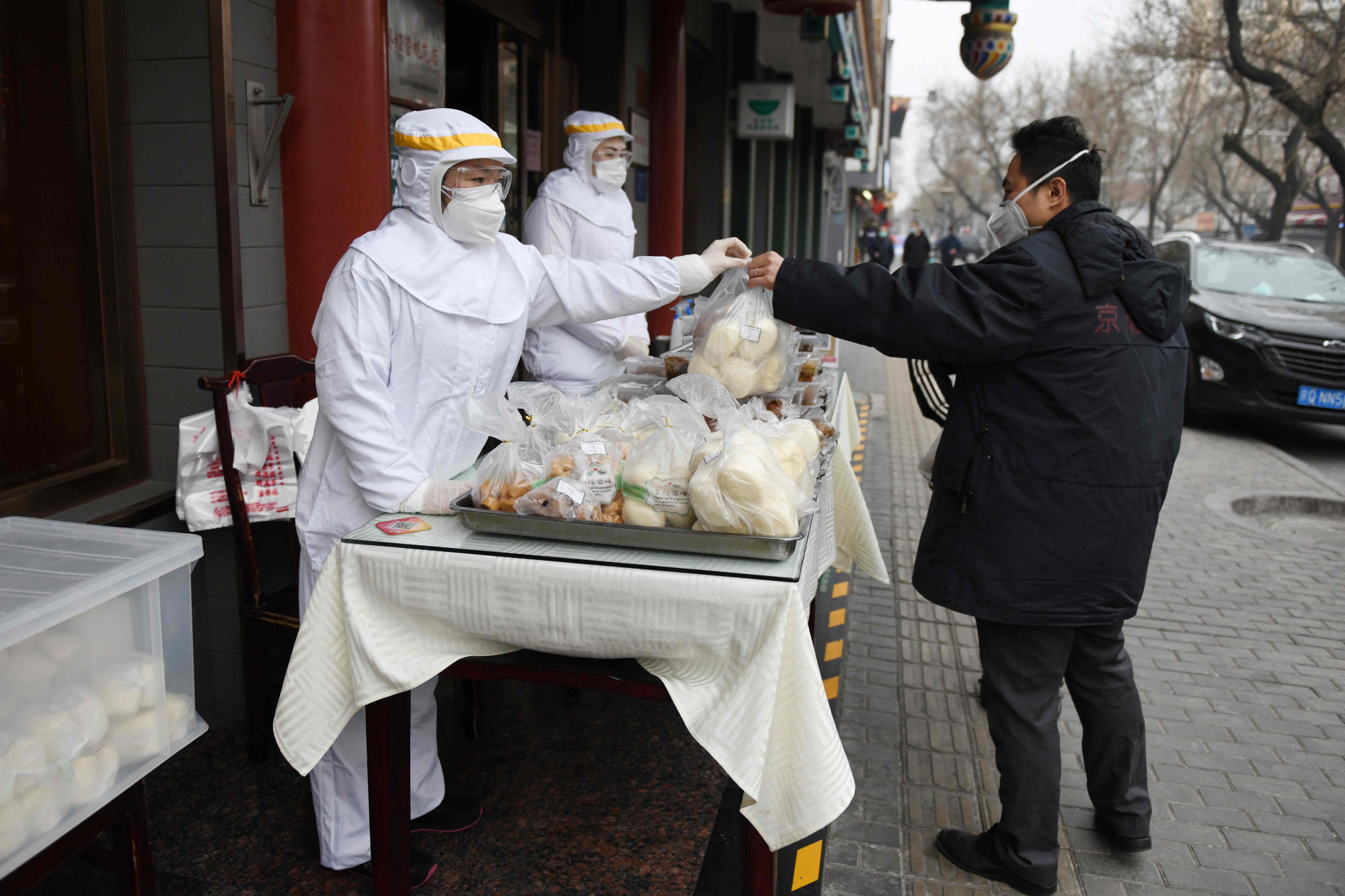As the Ebola virus ravaged West Africa in 2014, civilian air traffic in and out of the most affected countries of Sierra Leone and Liberia almost ceased. That decision, however, was not taken by international health officials. Instead, it came from airline cleaners and other staff, who refused to have anything to do with planes in and out of the region.
In many respects, the 2013-16 West African Ebola outbreak, believed to have caused around 11,000 deaths from 28,000 cases, was very different to the current COVID-19 epidemic. The diseases are different — Ebola killed roughly one in four of those it infected. So are the areas affected, and their connections to the outside world. The forests and cities of West Africa were much less central to the world economy than China, where the outbreak is already seen having a significant impact on global growth.
As with Ebola, however, the world is already responding by attempting to completely isolate the affected areas, regardless of whether or not that is something the science yet deems necessary. Much of that is down to outright fear, with alarming signs that it might sometimes be deliberately exacerbated to stoke tensions and alarm.

















With your current subscription plan you can comment on stories. However, before writing your first comment, please create a display name in the Profile section of your subscriber account page.